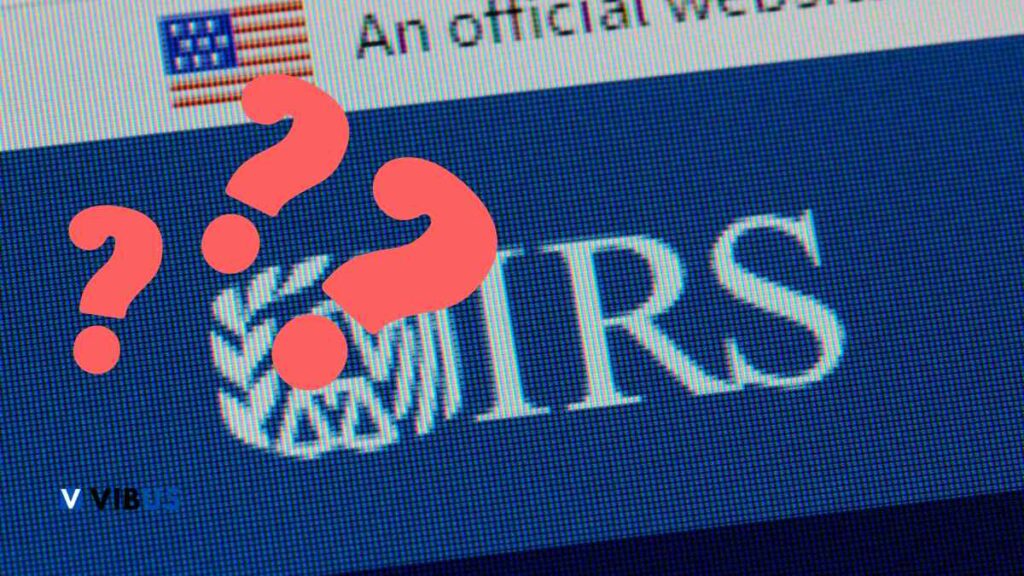In a significant move to close a major tax loophole that benefits the wealthy, the IRS plans to implement new rules that could generate over $50 billion in revenue within the next decade, according to the U.S. Treasury Department.
The proposed rule and guidance, announced on Monday, aim to put an end to “partnership basis shifting.” This practice involves moving assets among a series of related parties to avoid paying taxes, effectively allowing businesses or individuals to sidestep their tax obligations.
IRS plans to implement new rules
Officials from the Biden administration have evaluated this practice and found that it lacks any real economic basis. Deputy Treasury Secretary Wally Adeyemo referred to it as “really just a shell game,” emphasizing the deceptive nature of these transactions.
The increased oversight and awareness of such practices have been made possible through additional IRS funding provided by the 2022 Inflation Reduction Act. This legislative boost has empowered the IRS to crack down on tax shelters more effectively.
IRS Commissioner Danny Werfel was unequivocal in his criticism of these tax shelters, stating that they allow wealthy taxpayers to avoid paying their fair share. “These tax shelters allow wealthy taxpayers to avoid paying what they owe,” Werfel said, underlining the importance of the new rules in ensuring tax fairness.
- The IRS plans to close a major tax loophole that currently benefits wealthy taxpayers.
- This change could raise more than $50 billion in revenue over the next decade.
- The practice of partnership basis shifting will be targeted and essentially stopped.
- The increased oversight has been facilitated by additional IRS funding through the 2022 Inflation Reduction Act.
- Officials emphasize that there are no economic grounds for these transactions, calling them merely a “shell game.”
By closing this loophole, the IRS aims to create a more equitable tax system where everyone pays their fair share. This move underscores the commitment of the Biden administration to tackle tax avoidance and ensure greater financial fairness.
In recent years, the IRS has faced significant challenges due to underfunding, leading to a reduction in the auditing of wealthy individuals. As a result, the practice of shifting assets among partnerships and companies has become increasingly common.
Surge in Tax Avoidance Among Large Pass-Through Businesses
According to the IRS, filings for large pass-through businesses, which are often utilized for tax avoidance, have seen a dramatic increase. These filings rose by 70%, from 174,100 in 2010 to 297,400 in 2019. Despite this surge, the audit rates for these businesses plummeted from 3.8% to a mere 0.1% within the same period.
The Growing Tax Gap
The Treasury Department, in a recent statement, highlighted a significant issue: an estimated $160 billion gap exists between what the top 1% of earners likely owe in taxes and what they actually pay. This disparity underscores the need for improved enforcement and oversight.
Expert Insights on Tax Avoidance Practices
Miles Johnson, a senior attorney adviser and partnership tax specialist at the Tax Law Center at NYU Law, sheds light on the impact of these transactions. He explains, “These transactions effectively make income disappear from the tax system by creating depreciation deductions or other tax reductions that don’t reflect any true economic cost.”
- Underfunding has led to fewer audits of wealthy individuals.
- Asset shifting among partnerships and companies is on the rise.
- Filings for large pass-through businesses increased by 70% from 2010 to 2019.
- Audit rates for these businesses fell drastically, from 3.8% to 0.1%.
- There is a $160 billion tax gap between what the top 1% owes and what they pay.
- Tax avoidance practices create reductions that don’t reflect true economic costs.
In conclusion, the IRS’s ability to audit and enforce tax laws among the wealthy has been significantly hampered by underfunding, resulting in a substantial increase in tax avoidance practices. Addressing this issue is crucial to ensuring a fair and equitable tax system.
